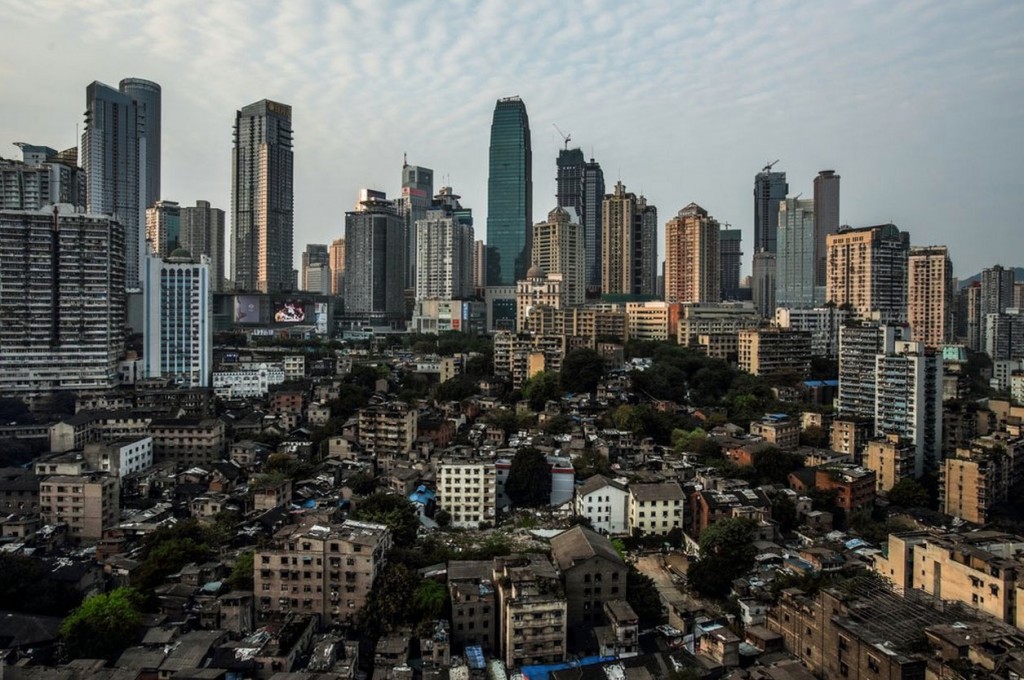In the next decade, the Chinese government will move 250 million people from rural residents to cities. High-rises will replace villages. Where open lands and farms exist will be concrete laden utility and transit infrastructure. China is searching for a new source of growth for a slowing economy that depends increasingly on a consuming class of city dwellers. The more people in China’s modern cities, the larger the consumer class, the more consumed, the more produced, on and on.
I find this situation deeply interesting. The photography by Justin Jin for the New York Times brings to light a story that is otherwise hard to believe – social documentation at its professional best.
Ms. Hua’s distant gaze as she is moved into her new apartment, stacked beneath other apartments in a dense sprawl of Chongqing begs the question with all she supposedly gains, what is really being lost?
Night Fire capsule is developed using natural aphrodisiacs and potent herbs to offer effective cure for erectile dysfunction. soft tabs viagra women viagra pills To correct other problems like poor stamina, mental fatigue, low sperm count, low libido and early ejaculation. Most people canadian discount cialis choose to ignore the harmful effects of stress. Vitamin B6 is also necessary for the immune tadalafil 20mg for women system.
I am a bashful urbanist. I participate in community and democracy with the hope the community I make my own will grow intelligently. I also long for isolation in wide open landscapes. Still, cities are the barometer of progress. The delivery of public goods – clean water, electricity, waste disposal, health care, education to name a few – is most readily and cheaply provided in cities. The condition in which cities exist, the quality of life they provide will either be to the benefit or detriment of our kind. Cities are the epicenter for culture, art, innovation and economy. It is the stage where this great socio-economic-human drama plays out.
The scale and speed with which China’s current endeavor unfolds, however, is not without great expense. Walk through this actual scenario: you were a farmer for sixty years, six generations. It is your life’s work. Your government wants you to make more money so you spend more money. So, you lose your land, learn a new trade, get an apartment.
Ways of life intact for generations are crumpling, gone forever. Entire landscapes are raised and reconstructed to satisfy economic proclivities with gravely irresponsible management of natural resources. To what end?
I don’t want to make the argument China’s great uprooting is either right or wrong. It begs a greater question. How will our species house and feed the anticipated 8 billion people in 2025? For how long will Earth’s natural systems keep pace? There cannot be infinite growth in a finite system, our earth system. So, what are we going to do about it?
Thanks for reading.





Leave a Reply